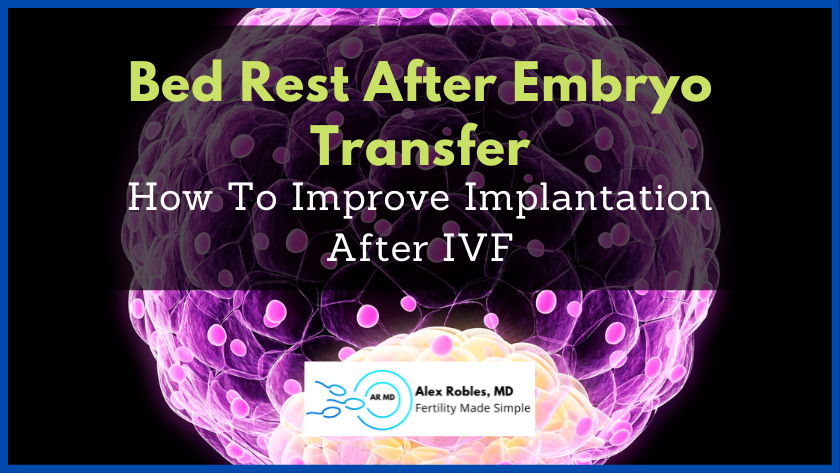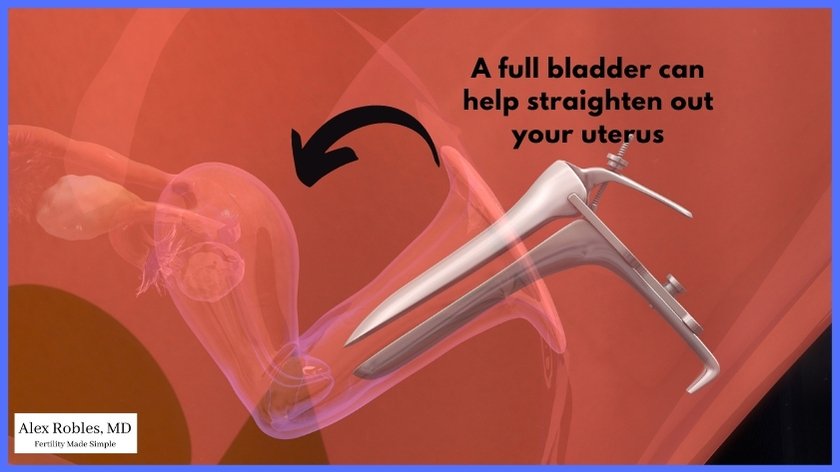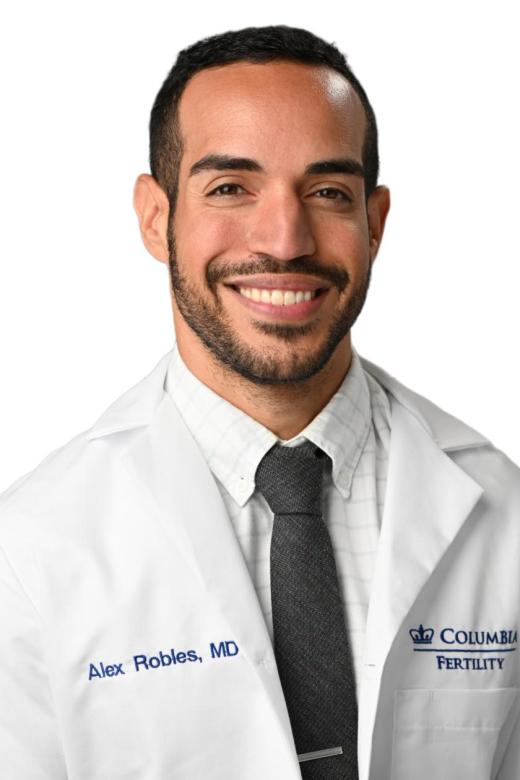Women used to spend weeks in bed following an embryo transfer.
But is it necessary?
Does it help embryo implantation?
In this post, you will learn:
- How long should you bed rest after an IVF embryo transfer
- What level of activity is safe following the procedure
- and other common questions regarding what you should and shouldn’t do after
Let’s get started.

Should you be on bed rest after an embryo transfer?
After an IVF embryo transfer, there is no reason to spend any time on strict bed rest.
Studies show that it doesn’t improve your implantation rate or pregnancy success.
In fact, complete bed rest can be harmful.
Remaining immobile for extended periods can increase the risk of developing a deep vein thrombosis (blood clots), a potentially life-threatening condition.
In addition, the high levels of estrogen that results from IVF cycles can also exacerbate blood clot formation in people who remain inactive.
What should you not do after an embryo transfer?
Some research shows that elevated temperatures and excessive heat can interfere with implantation.
Therefore, you should avoid hot baths, hot tubs, saunas, and hot yoga within the first few days after the transfer.
In addition, you should try to avoid chemicals classified as endocrine disruptors.
The most common endocrine disruptors include Bisphenol A or BPA. Other chemicals to avoid include nail polish, hair dyes, paint, cleaning supplies, etc.
Lastly, you should also avoid strenuous activity and sexual intercourse.
Can I do housework after an embryo transfer?
Doing light housework, such as laundry or dishes after an embryo transfer, is perfectly fine. However, the consensus is that taking it easy for the first few days after the procedure is best.
In other words, you should avoid strenuous activities such as heavy lifting or engage in vigorous exercise.
Some patients find it helpful to take a couple of days off from work. Of course, every patient is different, so speak with your doctor for more personalized information.
Can I walk after an embryo transfer?
Yes, you can walk after an embryo transfer. Walking is encouraged, as it helps to improve blood flow and circulation.
However, it would help if you avoided excessively long walks that can cause unnecessary fatigue.
A good rule of thumb is to listen to your body and take things regularly and leisurely.
Is it true that I shouldn’t be bending after?
There is no evidence that bending over after an embryo transfer will harm the implantation process or the pregnancy outcome.
That said, it is best to avoid strenuous activity that includes a lot of bending for the first few days after the procedure.
If you happen to bend over to pick up something off the floor, don’t panic. You are not lowering your chances of success.
What about climbing stairs?
Climbing stairs after is fine; it is inevitable for many patients.
Just be sure not to go running up the stairs!
Does sleeping position affect implantation?
There is no definitive answer regarding the best position to sleep in after an embryo transfer procedure.
Some patients find sleeping on their back with a pillow under their knees comfortable. Others prefer to sleep on their side with a pillow between their legs.
The best position to sleep in is the one that is most comfortable for you.
There is probably no significant difference in clinical pregnancy rates either way.
So if you like to sleep sideways, that is okay!
Other Related Questions
What can I expect on the day of the transfer?
The embryo transfer process is relatively straightforward.
We will ask you to come to the office with a full bladder as a full bladder helps to improve the position and the visibility of the uterus during the procedure. Once in the room, the doctor will perform a speculum exam to visualize the cervix.

We use ultrasound guidance to guide a soft tip catheter into the uterine cavity and place the embryo(s) in the uterine lining.
Post-embryo transfer, you will be asked to empty your bladder, and you can resume regular physical activities.
I go over the process of embryo transfer in more detail here.
When does the embryo implant?
The embryo implants within the first 48 hours days after a blastocyst transfer.
You will not feel the implantation of the embryo, but it is normal to experience some mild cramping.
What are positive signs after an embryo transfer?
A few early pregnancy symptoms may occur one to two weeks after an embryo transfer.
Some common early pregnancy symptoms include:
- Tender breasts
- Fatigue
- Nausea
- Bloating
However, it is essential to remember that not all women experience these symptoms. A lack of these symptoms does not mean that the transfer was unsuccessful.
Around 10-14 days after the procedure, you will need to take a pregnancy test. This blood test will give you a more accurate indication of whether or not the procedure was successful.
Final Words – Does bed rest help implantation after IVF treatment?
In conclusion, there is no evidence that total bed rest improves implantation rates or pregnancy success.
On the contrary, inactivity (combined with elevated estrogen hormone) can lead to complications such as deep vein thrombosis (DVT).
If you are feeling well, there is no need to remain in a supine position for prolonged periods after an IVF embryo transfer. You can return to your normal activities right away.
The important thing to take things easy for the first few days and listen to your body. If you have questions or concerns, speak with your doctor or IVF clinic.
Continue learning about the next step in the IVF process with these articles below!
- What To Expect At The Time of Embryo Transfer: Step by Step
- When To Check A Pregnancy Test After In Vitro Fertilization: The Two-Week Wait
- What To Know About The Miscarriage Rate After IVF
Make An Appointment With Dr. Robles To Discuss Your Fertility Options Today!

Alex Robles, MD
Dr. Alex Robles is a Spanish-speaking Latino-American Reproductive Endocrinologist and Infertility specialist in New York City, and a board-certified OBGYN. He has a special interest in health, lifestyle, & nutrition. Make an appointment with Dr. Robles to discuss your fertility options today!
References:
Cozzolino M, Troiano G, Esencan E. Bed rest after an embryo transfer: a systematic review and meta-analysis. Arch Gynecol Obstet. 2019 Nov;300(5):1121-1130. doi: 10.1007/s00404-019-05296-5. Epub 2019 Sep 14. PMID: 31520259.
